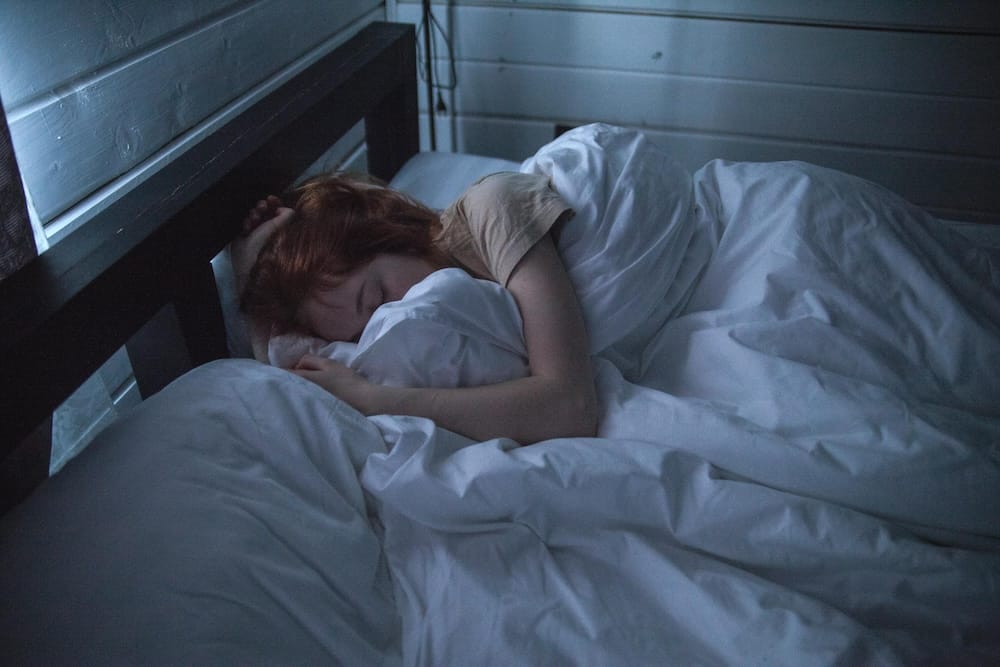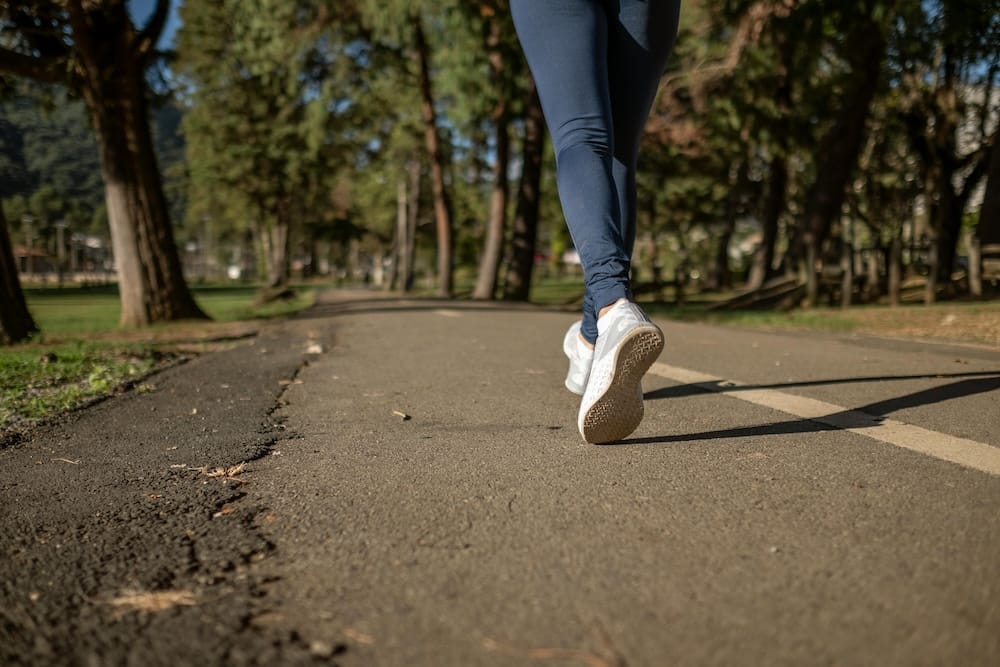From acne to low mood, how can we use lifestyle changes to address some common hormonal symptoms?
Whether it’s period cramps, emotional ups and downs, or other issues like acne, bloating, or low energy, women can experience a range of symptoms as a result of their fluctuating, monthly hormonal cycle. While problems that cause significant pain or disruption should be discussed with a doctor, there are some small tweaks to both food and lifestyle that can make a big difference to how you feel on a monthly basis.
Don’t be afraid of fats
When it comes to eating for hormone health, nutritionist and intuitive eating counsellor Sarah Grant highlights that the biggest mistake women make is not getting enough fat in their diet.
“Fats serve as building blocks for the synthesis of most of our hormones, and maintain the health of cell membranes and nerve cells,” she points out. The fats you need are the healthy ones like nuts, seeds, avocados, olive oil, coconut oil, and oily fish. Alongside this, Sarah emphasises the importance of complex carbohydrates like sweet potatoes, quinoa, and legumes to balance blood sugar, which supports healthy insulin function – a key component of hormone health.
Stock up on omega-3
Another really important nutrient for a hormone-happy diet is the inclusion of omega-3-rich foods. Sarah names two key sources: oily fish (such as tuna, mackerel, and sardines) and flax seed.
“Studies suggest omega-3 fatty acids may reduce inflammation, and support a healthy balance of oestrogen and progesterone,” Sarah says. Flax seeds go one step further to help hormone health, acting as fibre for a healthy gut and also as a good source of lignans. “This is a type of phytoestrogen that may have oestrogen-modulating effects in the body, helping regulate menstrual cycles, and protecting against particular hormonal conditions.”
Prioritise sleep
One of the biggest things you can do to improve hormone health is to ensure you get some solid shut-eye each night. Sarah recommends seven to nine hours, depending on your body. “Quality sleep is needed to support the regulation of numerous hormones, including melatonin and growth hormone, and to promote regular menstrual cycles,” she says. Not sleeping well also potentially has a detrimental knock-on effect. “Poor sleep can impact on energy, mood, and food choices the next day.”

Move your body
Getting off the sofa might not be the easiest thing when your hormones are getting you down, but physical activity can make a big difference to how you feel.
“Exercise may help improve insulin sensitivity, regulate oestrogen, manage stress, promote endorphin release, support quality sleep, and more,” Sarah says. Now, this doesn’t always mean a hardcore HIIT workout or long run; a walk with a friend, a dance class or some gentle yoga at home can be just as beneficial. “Choose activities that bring you joy and satisfaction, and aim for consistent, varied exercise, aligned with your personal preferences and capabilities,” Sarah says.
Take time for yourself
Stress and our hormones are intrinsically linked. It works both ways: our hormones might make us feel more stressed at some times of the month, but stress itself may disrupt said hormones too. “High stress, if prolonged, can disrupt cortisol (the hormone that spikes when we are stressed) and reproductive hormones,” Sarah explains.
Simply choosing to stress less isn’t realistic, so finding a stress reduction practice that works for you is key. “Practices such as mindfulness meditation or deep breathing exercises are very beneficial, but remember that simply taking regular time out for a quiet cuppa, reading a book, or doing anything that brings you personally a sense of calm, may also go some way towards mitigating the impact of chronic stress on hormone levels,” Sarah says. Most of all, remember that every day is different, and don’t be too hard on yourself.
Get outside
Whether or not the weather got the memo, getting out into fresh air and sunlight does wonders for hormone health and overall wellbeing. This is all because daylight regulates the body’s circadian rhythm. “This is the internal body clock that influences the sleep-wake cycle and hormone release,” Sarah explains. “If possible, try to get outside for at least 15 to 30 minutes a day.”

Consider supplements
While a healthy diet and lifestyle are always the first port of call, dietary supplements can play a role in helping balance hormones for some women. “Women may benefit from vitamin D, magnesium, omega-3 and vitamin B6, which all play different roles in hormone synthesis and regulation,” Sarah says. However, with product quality and consideration of individual needs important, it is best to take advice about supplements from a trained professional to assess what may benefit you personally.


Comments